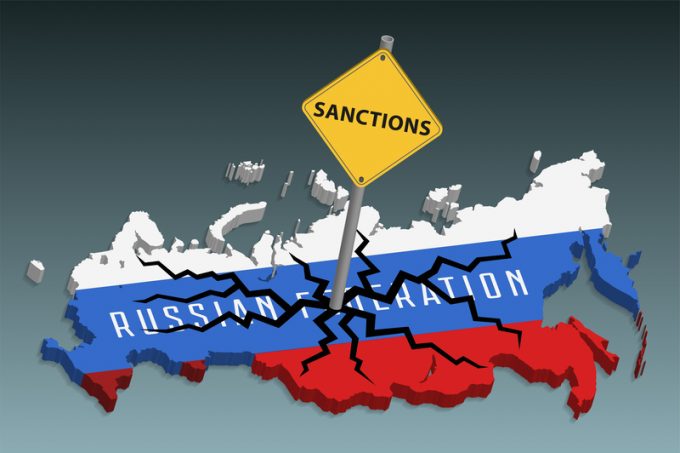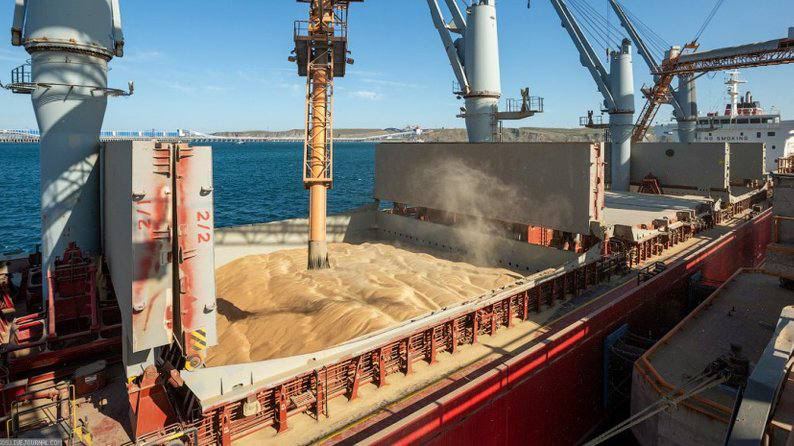The lack of equipment for cellular networks due to Western sanctions against Russia has begun to negatively affect the speed of mobile Internet in Russian regions, according to Izvestia, a Russian newspaper.
Mobile Internet speed has dropped in several regions of Russia over the past year. According to Izvestia, the speed of the Internet has decreased from 20 Mbps to 18.7 Mbps.
At the same time, in the Russian capital, Moscow, the mobile Internet speed has increased by more than 20% to 63 Mbps (in 2022, the Internet speed in Moscow was 51 Mbps).
"The growth of speed in Moscow is explained by the fact that the main investment flows of Internet operators mainly invest into the capital. That is why the speed of mobile Internet in Moscow is growing. It is the largest market in the country," Denis Kuskov, CEO of TelecomDaily (a Russian IT company) told Izvestia.
The competition forces operators to constantly improve communication quality in the capital and sacrifice other Russian regions, Kuskov explained. Other regions of Russia are provided with equipment on a residual basis. Operators are trying to maintain the quality of communication in these regions by expanding the range with 4G frequencies intended for other radio technologies, according to Izvestia.
Thus, two years after the start of Russia's illegal full-scale invasion of Ukraine, Western sanctions have affected Russian regions more than Moscow when it comes to IT.
Related:
- US charges trio for smuggling electronics to Russia’s military
- EU issues guidance to prevent evasion of sanctions imposed on Russia
- Yermak-McFaul Group: 67% of foreign components for Russian drones supplied from China
- Some 450 foreign-made microelectronic components identified in Russian weapons recovered in Ukraine - RUSI
- Millions of Dutch chips end up in Russia despite EU sanctions - NOS/Nieuwsuur investigation





